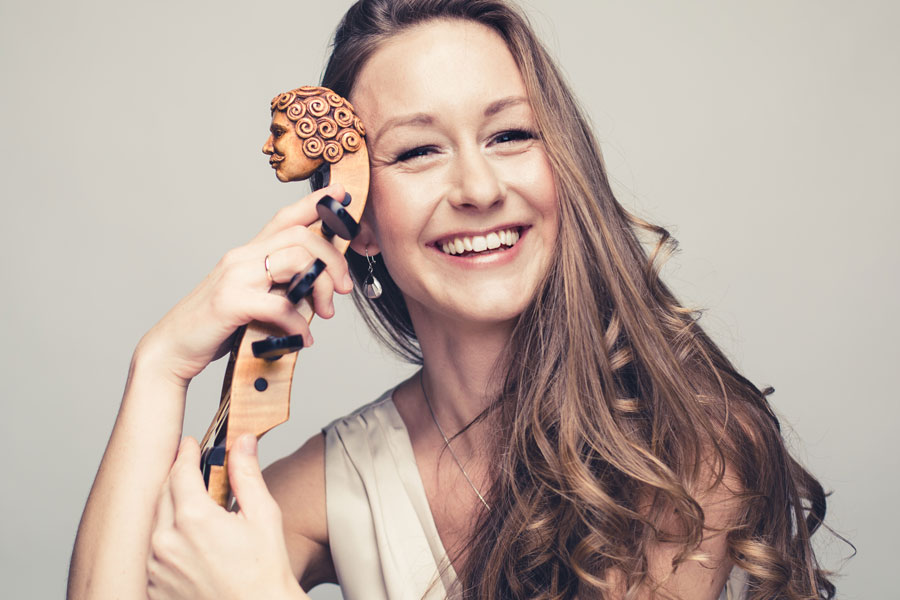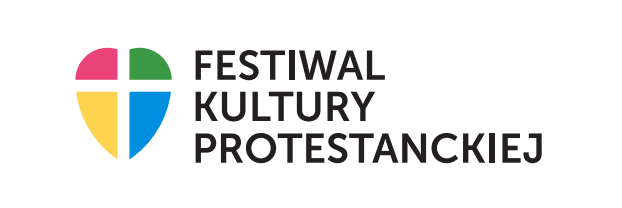The National Forum of Music invites you to the final concert of the Protestant Culture Festival, presenting a unique exhibition of works by Baroque composers and their masterpieces from the Reformation.
Upon exploring the rich musical culture associated with the Protestant Church, one must mention the great pedagogue, Dieterich Buxtehude. Buxtehude became famous as the organist of the St Mary's church in Lübeck and significantly shaped the development of the musical tradition of St. Mary's. He and his students were fundamental exemplars of the north German organ school. Friedrich Händel and Johann Mattheson had been guests of Buxtehude in 1703, even before Johann Sebastian Bach came to Lübeck to learn from him in 1705. Since that time, the position of organist at St. Mary's Church has been one of the most prestigious in Germany. Buxtehude's career undoubtedly made an impression on contemporary composers. His Sonata in B-flat major is an outstanding example of the composer's ingenuity in the field of chamber music. Our program will also feature a tribute to the keyboard works of the Baroque era, represented by Toccata in G major, BWV 916 by J.S. Bach, who for twenty-seven years held the office of cantor in the church of the Holy See, in Leipzig.
Cantata became enduringly associated with the Protestant religion and the Reformation in the second half of the 17th century. This genre of vocal-instrumental music was a favourite of German artists due to the typical instrumentation of the church chamber ensembles of the era. Georg Philipp Telemann had been born into a family strongly associated with the Lutheran Church, both of his parents were children of pastors. He held important positions in Leipzig, Sorau, Eisenach, and Frankfurt before settling in Hamburg in 1721, where he became musical director of the five main churches. It was during this period that he composed numerous successful cantatas including Packe dich, gelähmter Drache, originally published in 1725. Samuel Capricornus, of Czech origin, was also the son of a Protestant minister. He worked as a private music teacher in Bratislava and was active as a music director in various churches. In May 1657 he became Kapellmeister in Stuttgart where he remained until his death in 1665. His sacred song, Jesu nostra redemptio, was published after his death in 1669.
Alixandra Porembski, English Language Annotator



